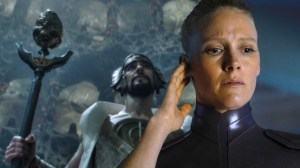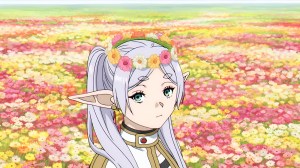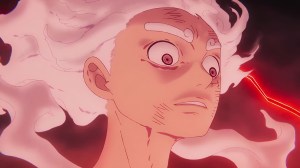Eight movie adaptations of stories written by celebrated science-fiction writer Isaac Asimov have been brought to screen over the years. Active as a writer between 1939 and 1992, Isaac Asimov edited more than 500 books over five decades, best known for writing hard science-fiction that explores advanced technologies, robotics, intergalactic worlds, and space-faring political empires. He also wrote almost 400 short stories, investigating science-fiction concepts in a historical way, dissecting these complex themes to make them as real as possible.
Videos by ComicBook.com
The fact that Asimov was such a prolific writer means that filmmakers have had a huge wealth of source material and stories to adapt to film over the years. While the most popular Asimov adaptation may have been adapted for the small-screen – Apple TV+’s Foundation series is adapted from Asimov’s Hugo Award-winning eponymous book series – there have also been eight feature film and TV movie adaptations of his work. Not all of them have been successful, but some have taken their rightful place among the greatest sci-fi movies of all time.
8) Nightfall (2000)
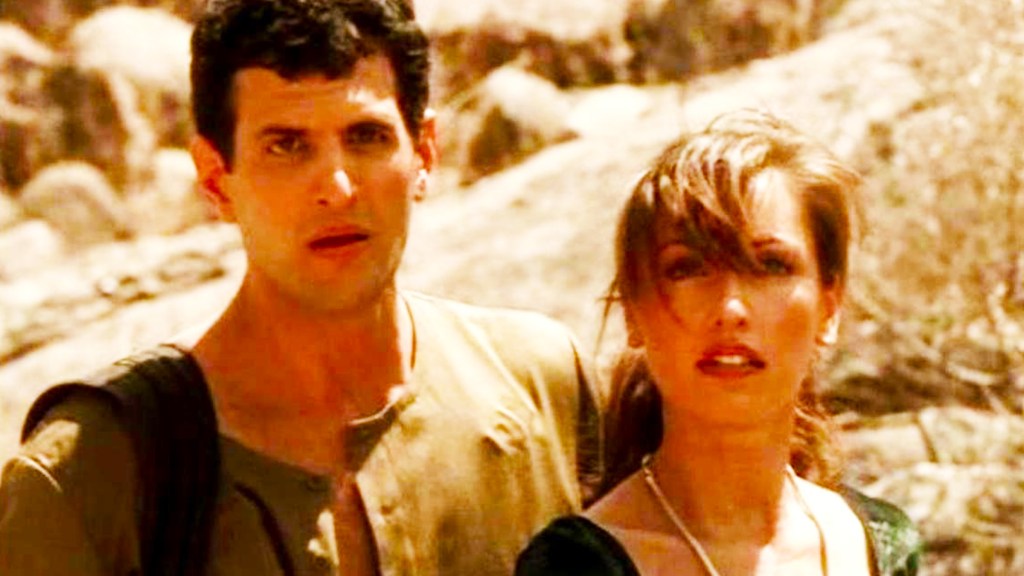
The second adaptation of Asimov’s most notable short story, “Nightfall” from 1941, the 2000 movie adaptation by Gwyneth Gibby was a disastrously low-budget and poorly-acted flick. Similarly to Asimov’s “Nightfall,” the 2000 movie followed the inhabitants of a distant world usually bathed in sunlight from six stars as they prepare for the first night. Nightfall was produced by infamous low-budget filmmaker Roger Corman (Battle Beyond the Stars, The Fantastic Four), so one can’t expect much. Lackluster performances from Jennifer Burns, Winsome Brown, Joseph Hodge, and more only highlight how poor this adaptation really is.
7) Robots (1988)
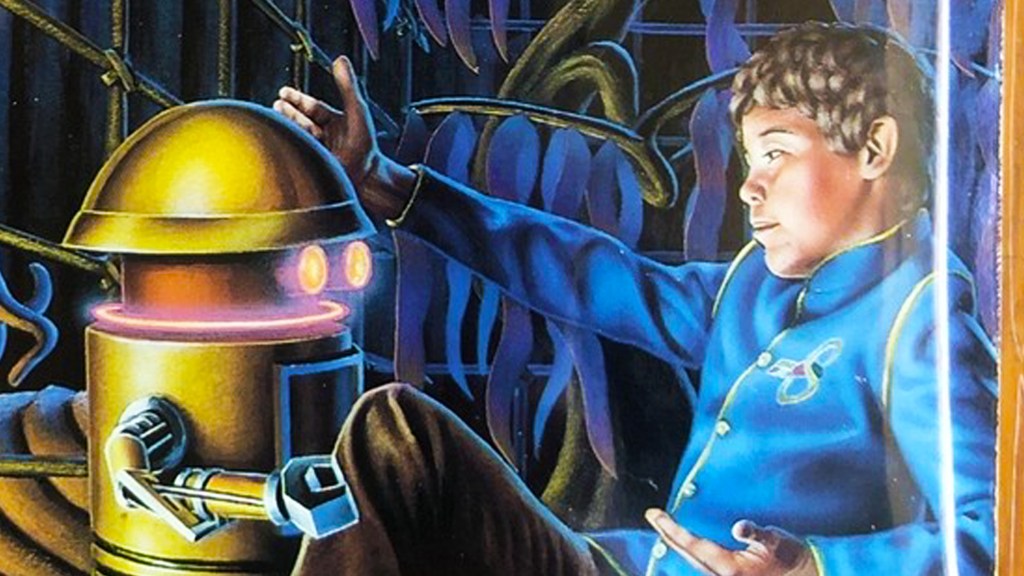
Directed by Doug Smith and Kim Takal, Robots is an interactive VCR movie from 1988 that gave viewers the opportunity to fall into the world of Asimov’s “Robot” series, which included a total of 37 short stories and six novels published between 1940 and 1995. The adaptation, however, is unrecognisable from the movies we know and love, and is more like a compilation of video game cut sequences. It’s an interesting watch, and stands up better than Nightfall from 2000, but it’s barely faithful to Asimov’s world from the “Robot” series – subsequent adaptations have been better at reproducing Asimov’s themes.
6) Formula of Death (2012)
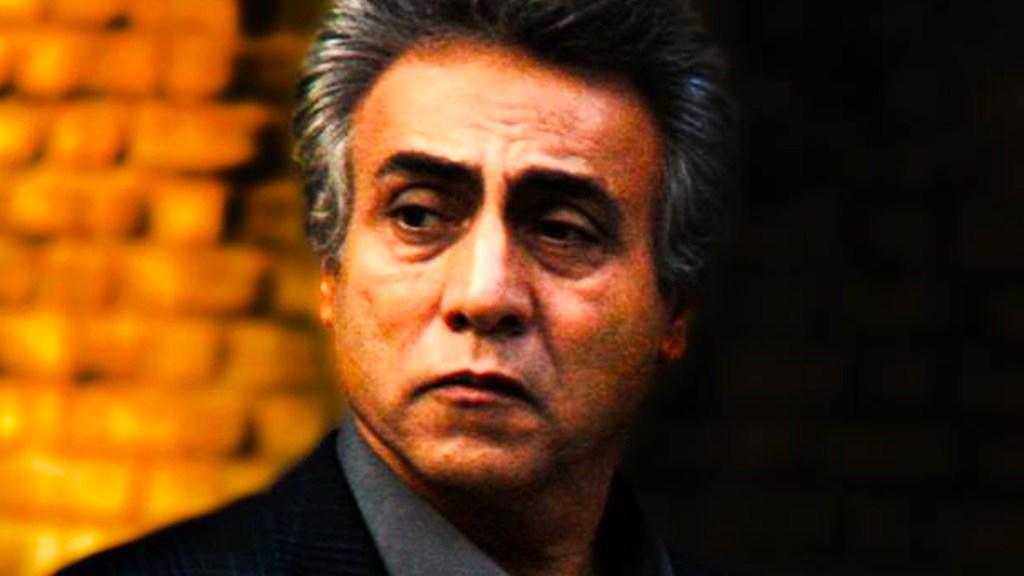
Made for TV by Behdad Avand Amini in 2012, Formula of Death is based on Asimov’s 1958 mystery novel, “The Death Dealers.” The novel followed university professor Louis Brade investigating the mysterious death of his research student during an experiment. Iranian director Amini shifted the setting and characters of Asimov’s novel, but kept the story much the same, allowing for a more faithful adaptation. However, the low production value and lackluster performances from the cast make Formula of Death a tough TV movie to get through.
5) Nightfall (1988)

Gwyneth Gibby’s Nightfall from 2000 was, in fact, the second feature film adaptation of one of Asimov’s most iconic and celebrated science-fiction stories. Paul Mayersberg brought the story of “Nightfall” to the screen in 1988, again produced by the Corman family, this time Julie Corman, Roger’s then-wife. Although it shared many of the 2000 adaptation’s flaws, Nightfall from 1988 delivered a more philosophical retelling of Asimov’s story, perhaps capturing more of the writer’s intended themes. Corman has since expressed her wish that she could have developed Nightfall with a bigger budget, but another filmmaker may do so in the future.
4) Eagle Eye (2008)
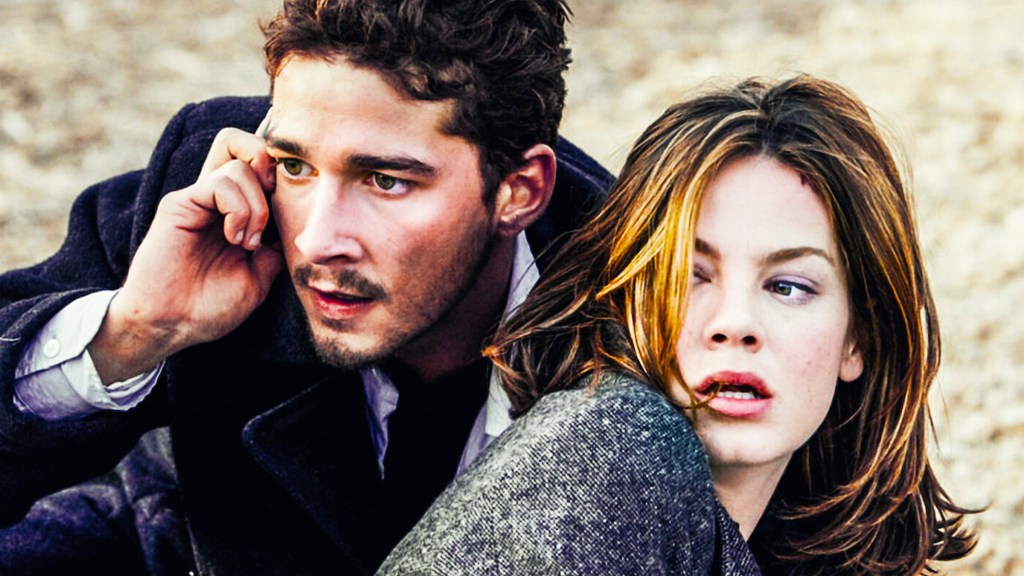
Shia LaBeouf and Michelle Monaghan lead the cast of Eagle Eye from 2008, directed by D. J. Caruso and originally written by Dan McDermott, based on an idea by Steven Spielberg, who was inspired by Asimov’s 1958 short story, “All the Troubles of the World.” While not a direct adaptation of Asmiov’s work, Eagle Eye borrowed themes from the story surrounding the all-seeing computer system, Multivac – transformed into the Autonomous Reconnaissance Intelligence Integration Analyst (ARIIA) in the movie. While still quite the disappointment, Eagle Eye managed to bring some of Asimov’s concepts and tone into the mainstream of noughties cinema.
3) The End of Eternity (1987)

Here’s where Asimov adaptations actually start to get good. The End of Eternity, directed by Russian filmmaker Andrei Yermash, explored themes of time travel, causal loops, paradoxes, and institutional power just as Asimov intended in his eponymous 1955 novel. The End of Eternity follows Oleg Vavilov’s Andrew Harlan, a technician for the organization Eternity who embarks on a mission to bring down the institution. The adaptation is complex, but delivers its themes of authoritarianism and determinism brilliantly, though it’s pretty dated now by today’s standards. A mostly-faithful adaptation of Asimov’s story, The End of Eternity is somewhat impressive.
2) Bicentennial Man (1999)

Based on Isaac Asimov’s 1992 novel, “The Positronic Man,” a part of the “Robot” series, Bicentennial Man is one of the most mainstream and celebrated adaptations of Asimov’s work. Directed by Chris Columbus in 1999, Bicentennial Man stars Sam Neill and the late Robin Williams, the latter starring as Andrew Martin, an android who develops human characteristics, including creativity and humor. Emotionally resonant and thematically very similar to Asimov’s original intention, Bicentennial Man may not have been a box office success or even a very positively-reviewed movie, but it bought Asimov’s vision to the screen more than most other adaptations.
1) I, Robot (2004)

Again based on Asimov’s “Robot” series, and directly incorporating his three laws of robotics, Alex Proyas’ I, Robot from 2004 is the most well-known, positively-received, and timeless adaptations of Asimov’s work. Although not a direct adaptation of one of Asimov’s stories, I, Robot is instead an amalgam of the entire “Robot” series, following Will Smith’s Chicago PD Detective Del Spooner, who investigates the apparent suicide of US Robotics founder Alfred Lanning (James Cromwell) in a world where robots – who fulfil service roles – supposedly can’t injure humans and must obey humans orders, but also must protect itself.
I, Robot saw one of Asimov’s adaptations get nominated for an Academy Award for Best Visual Effects – and these still hold up today even 21 years after the movie’s release. Heavily Hollywood-ized and veering somewhat from Asimov’s original concepts, I, Robot still brought his vision into the mainstream in a slick and entertaining crime story. It’s surprising there haven’t been more solid and watchable adaptations of Isaac Asimov’s works, given his proficiency as one of history’s greatest science-fiction writers, but there may be many more to come.
What do you think? Leave a comment below and join the conversation now in the ComicBook Forum!

